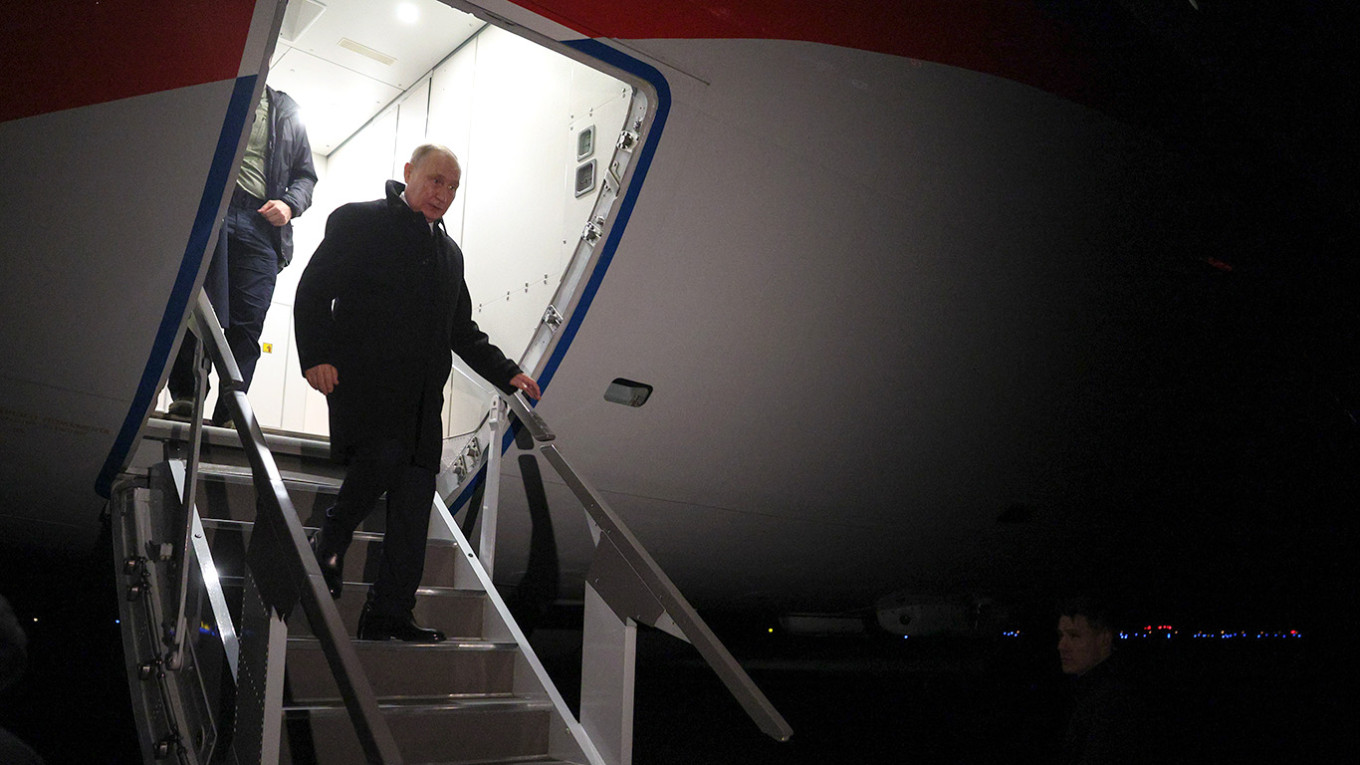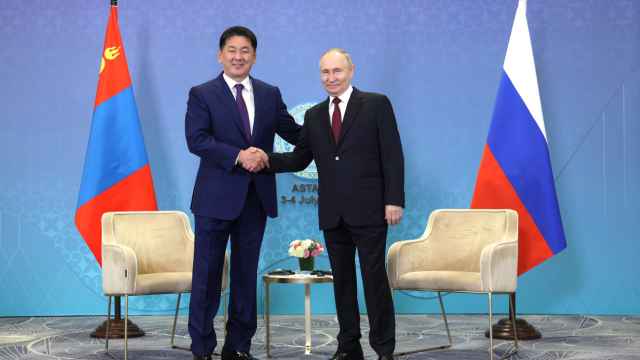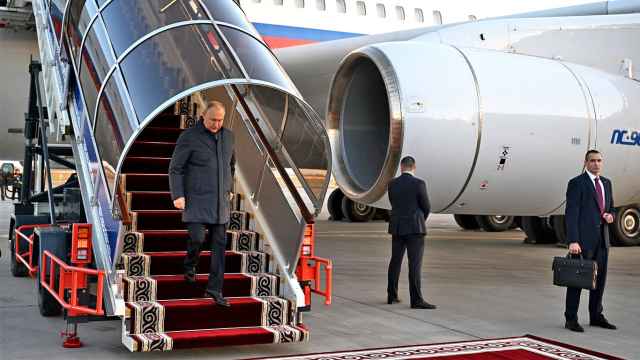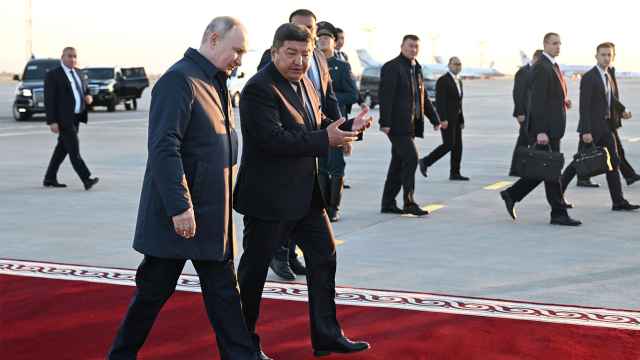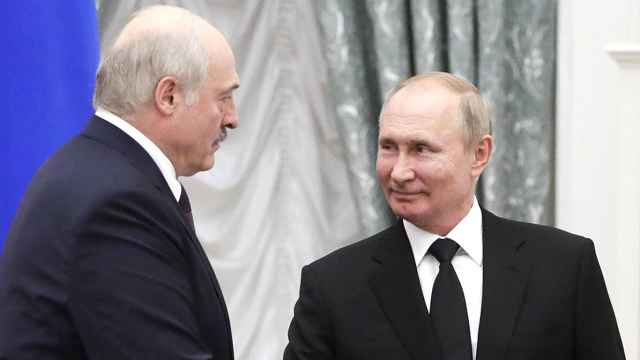Poland could intercept President Vladimir Putin’s aircraft and hand him over to The Hague if he chose to fly over its airspace to meet U.S. President Donald Trump in Hungary, Polish Foreign Minister Radosław Sikorski said Tuesday.
“We cannot guarantee that an independent Polish court would not order a hypothetical aircraft carrying Putin to be brought to the ground and the suspect handed over to The Hague,” Sikorski said in an interview with Radio Rodzina.
Putin has been wanted by the Hague-based International Criminal Court since 2023 for the illegal deportations of Ukrainian children to Russia. Moscow is not a party to the ICC’s founding treaty and rejects its jurisdiction.
Budapest, where Trump said he and Putin had agreed to meet in the coming weeks, has vowed safe passage for the Russian president despite the ICC arrest warrant, which obligates its members to detain him on their soil.
Sikorski called the invitation of Putin to Budapest “distasteful,” arguing that it positions Hungary as “not part of the West but between the West and Russia” and calling for Ukraine’s participation in the summit.
Hungary has announced plans to withdraw from the ICC as of June 2, 2026.
The Polish diplomat’s remarks come amid speculation about how Putin could reach Hungary given that all EU members, including Poland, have banned Russian aircraft from their airspace since the 2022 invasion of Ukraine.
Discussions about whether the Russian leader will be arrested abroad “naturally displease the Kremlin,” a source close to the presidential administration told The Moscow Times after the ICC issued the arrest warrant.
Sikorski said the Kremlin is likely aware of Poland’s obligations under the ICC warrant and will “therefore use a different route.”
Poland is a staunch ally of Kyiv and has been a key transit point for Western arms heading to the embattled country since the conflict began.
A Message from The Moscow Times:
Dear readers,
We are facing unprecedented challenges. Russia's Prosecutor General's Office has designated The Moscow Times as an "undesirable" organization, criminalizing our work and putting our staff at risk of prosecution. This follows our earlier unjust labeling as a "foreign agent."
These actions are direct attempts to silence independent journalism in Russia. The authorities claim our work "discredits the decisions of the Russian leadership." We see things differently: we strive to provide accurate, unbiased reporting on Russia.
We, the journalists of The Moscow Times, refuse to be silenced. But to continue our work, we need your help.
Your support, no matter how small, makes a world of difference. If you can, please support us monthly starting from just $2. It's quick to set up, and every contribution makes a significant impact.
By supporting The Moscow Times, you're defending open, independent journalism in the face of repression. Thank you for standing with us.
Remind me later.


